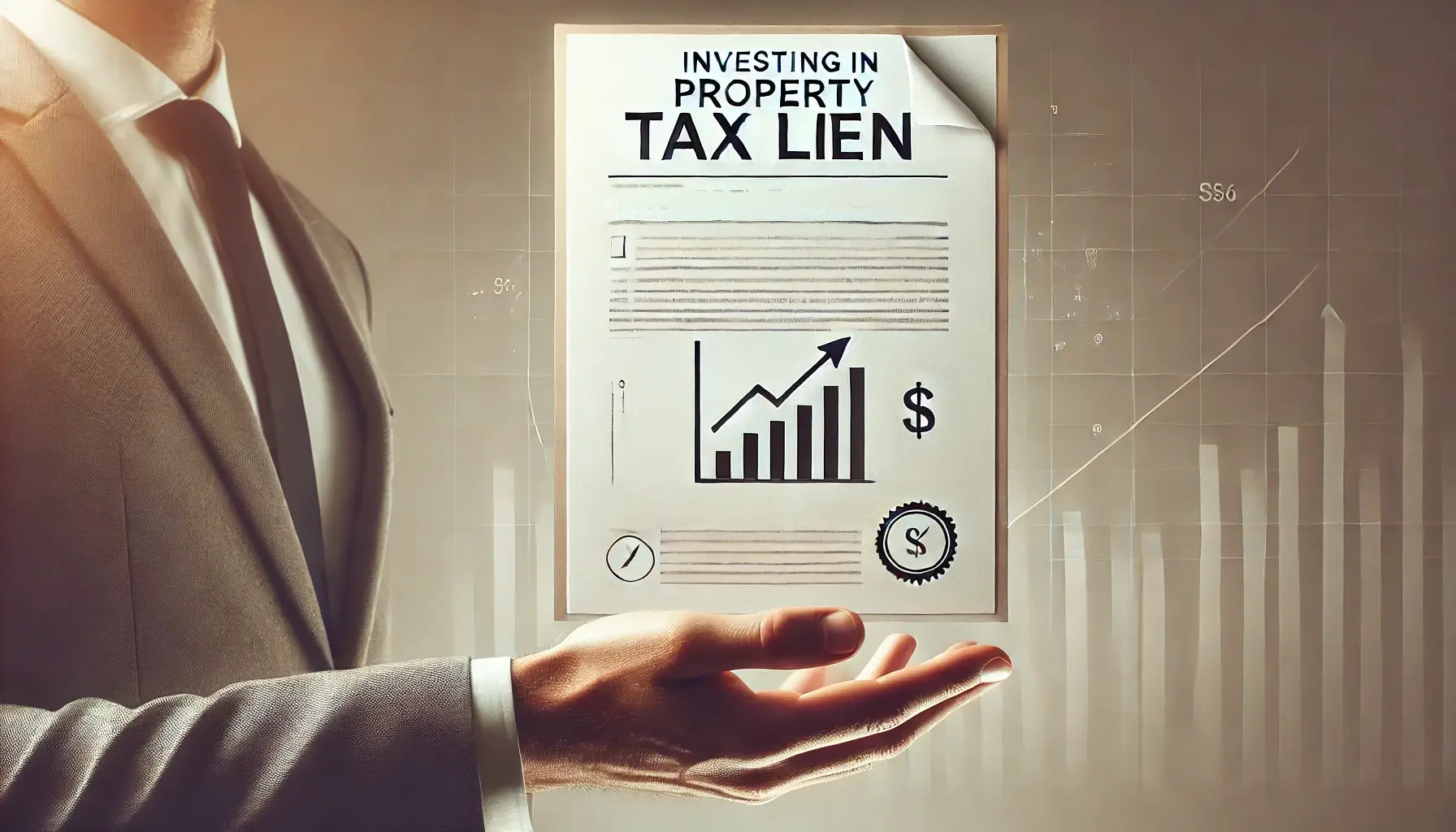All Categories
Featured
Table of Contents
See Internal Income Code sections 6334(a)( 13 )(B) and 6334(e)( 1 ). Section 6334 likewise provides that specific properties are not subject to an Internal revenue service levy, such as certain putting on clothing, fuel, furniture and house impacts, specific books and tools of trade of the taxpayer's career, undelivered mail, the section of income, salaries, and so on, required to sustain minor youngsters, and specific other assets.

Beginning January 1, 2015, the Mississippi Division of Profits will certainly enroll tax obligation liens for overdue tax obligation financial debts online on the State Tax Lien Pc Registry. Tax liens will no longer be recorded with Circuit Clerks. A tax lien videotaped on the State Tax obligation Lien Registry covers all building in Mississippi. To avoid having a tax lien filed versus your home, send the Division of Earnings complete payment before the due date as established forth in your Evaluation Notice.
Tax Lien Investing Crash Course
The State Tax Lien Windows registry is a public site obtainable on the net that might be browsed by anyone at any time. Unlike tax obligation returns, tax liens are a public notice of financial obligation.

For an individual detailed on the State Tax Obligation Lien Computer registry, any kind of real or personal effects that the person has or later obtains in Mississippi undergoes a lien. The lien registered on the State Tax Lien Computer system registry does not identify a certain item of residential property to which a lien uses.
Best Tax Lien States For Investing
Tax obligation liens are listed on your credit record and reduced your credit scores ranking, which may affect your ability to obtain finances or funding. Mississippi legislation allows extensions on state liens till they're paid in full; so continuations can be filed continuously making a tax obligation lien valid indefinitely.

The lien includes the quantity of the tax, fine, and/ or passion at the time of enrollment. Enrollment of the tax lien gives the Department a legal right or rate of interest in a person's building till the responsibility is pleased. The tax obligation lien may affix to actual and/or personal home anywhere located in Mississippi.
The Commissioner of Earnings sends by mail an Evaluation Notification to the taxpayer at his last recognized address. The taxpayer is offered 60 days from the mailing date of the Analysis Notification to either completely pay the evaluation or to appeal the evaluation - arizona tax lien investing. A tax obligation lien is terminated by the Division when the delinquency is paid completely
How To Start Tax Lien Investing

If the lien is paid by any kind of other ways, then the lien is terminated within 15 days. When the lien is terminated, the State Tax Obligation Lien Pc registry is upgraded to show that the debt is pleased. A Lien Cancellation Notification is mailed to the taxpayer after the financial obligation is paid in complete.
Signing up or re-enrolling a lien is not subject to administrative appeal. If the individual believes the lien was submitted in error, the person should contact the Department of Profits right away and demand that the filing be assessed for accuracy. The Department of Revenue may ask for the taxpayer to submit documentation to support his case.
Latest Posts
Tax Sales Property Auction
The Truth About Tax Lien Investing
Investing In Tax Lien